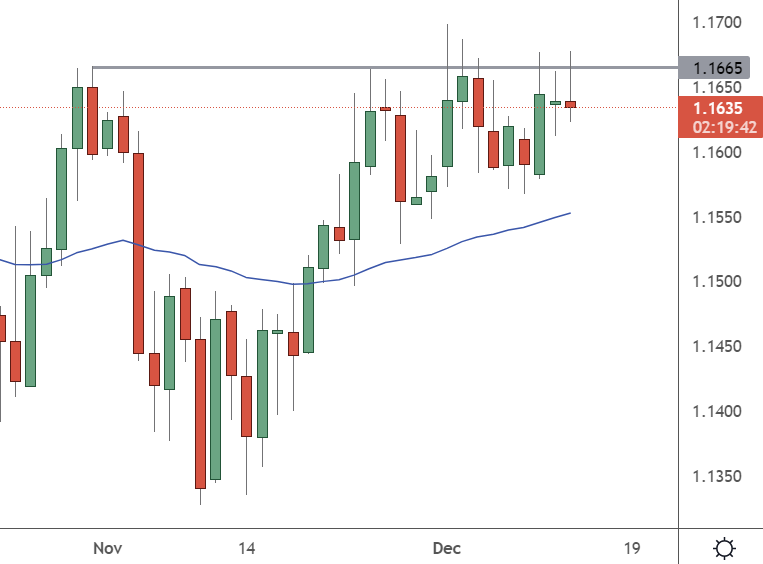It was a momentous day for the Pound sterling after the Bank of England announced it would restart its quantitative easing program.
The goal of the BoE is to deal with instability in the markets, particularly in the UK gilt bond market, which collapsed due to margin calls.
Daily GBPUSD Chart

We said in our articles recently that the Japanese yen could gain further as a safe haven against UK market turmoil. Despite this recent bounce, that may still be the case, and traders can play that volatility.
The central bank became the first bank to capitulate on its plans to proceed with quantitative tightening on Wednesday in what they billed as a “temporary and targeted” bond buying operation. Policymakers said there was a “material risk to UK financial stability” if the turmoil in the UK government bond market were to continue. The bank also raised the prospect of a “tightening of financing conditions and a reduction in the flow of credit to the real economy.”
According to the Financial Times, a “break” in the bond market was created after thousands of pension funds faced urgent demands for cash from investment managers to meet margin calls, which are deposits required for holding market instruments. Pension funds are generally large buyers of bonds, and the aggressive rate hike strategies adopted by global central banks in recent weeks have hit portfolios hard.
The BoE said the latest move was designed to restore order and said: “The Bank will carry out temporary purchases of long-dated UK government bonds from September 28.” The purchases will be carried out on whatever scale is necessary to affect this outcome.”
The bank’s Financial Policy Committee welcomed the “plans for temporary and targeted purchases in the gilt market on financial stability grounds at an urgent pace.” The Bank of England added the action would be “strictly time-limited,” but that may depend on the market’s response over the next few weeks.
The UK Treasury, which created the mess with their latest bailout and tax cut moves, said that the Bank of England has “identified a risk from recent dysfunction in gilt markets”. The Treasury blamed that on “significant volatility” in “global financial markets” but failed to accept blame for the unfunded policy moves of the last week.
“The Chancellor is committed to the Bank of England’s independence. The Government will continue to work closely with the Bank in support of its financial stability and inflation objectives”, the Treasury said.


